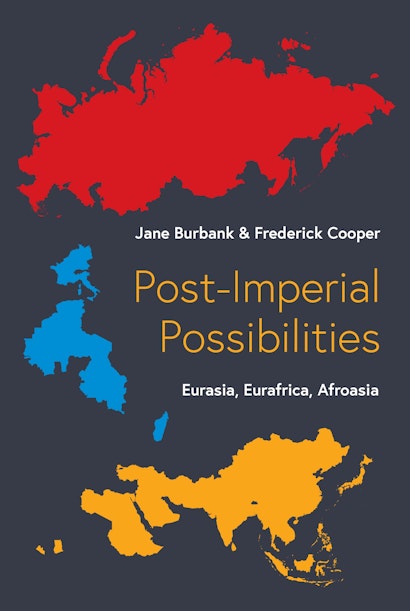GLOBAL ASIA COLLOQUIUM
29 MARCH 2024. 4-7PM . 53 Washington Square South (KJCC) 701.
Rebuilding From the Rubble, Yet Again:
Palestinian Futures After October 7
Beshara Doumani, Professor of History and the Mahmoud Darwish Chair for Palestinian Studies at Brown University.
Registration required for in-person attendance: REGISTER HERE
To attend on zoom, REGISTER HERE.
ABSTRACT: The Hamas attack on October 7. 2024 was planned and intended as a rupture that puts an end to the Oslo phase of Palestinian national politics; a phase experienced by most Palestinians as a slow death by a thousand cuts. The attack was directed against an external enemy, but it aimed, primarily, at transforming the Palestinian body politic and future modes of collective action. The ongoing genocide/domicide perpetrated by the Israeli government is directed at the people of Gaza, but it aims to secure the permanent annexation of East Jerusalem and the West Bank and, more important, to facilitate the establishment of an overwhelming Jewish majority between the river and the sea. As they rebuild from the rubble, yet again, Palestinians must grapple with the three fundamental questions they have faced for over a century: Who are we? What do we want? And how do we go about achieving our goals?

Beshara Doumani is Professor of History and the Mahmoud Darwish Chair for Palestinian Studies at Brown University. His research focuses on communities, places, and time periods marginalized by mainstream scholarship on the early modern and modern Middle East. He also writes on academic freedom, the politics and ethics of knowledge production, and the Palestinian condition. His books include Rediscovering Palestine: Merchants and Peasants in Jabal Nablus, 1700-1900, and Family Life in the Ottoman Mediterranean: A Social History.
Doumani is the former President of Birzeit University in Palestine. He is the founding director of Brown University’s Center for Middle East Studies, and of the New Directions in Palestinian Studies Research Initiative. From 2008-2011 he led a team that produced the strategic plan for the establishment of the Palestinian Museum. He is currently serving as the co-editor of the Jerusalem Quarterly and working on a modern history of the Palestinians through the social life of stone.









